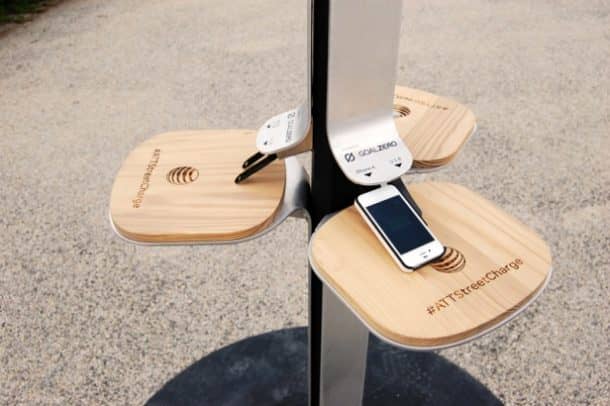There is nothing more annoying than having a smartphone with a low battery. Whenever you comes across a public charging outlet in such a situation, you get instant relief and plug in your phone instantly. Did you ever question the safety of these ports in which you plug your phone comfortably?

While you plug your phone into the charging port and sit comfortably; an attacker could be collecting data from your phone. Drew Paik from Authentic8 explained the matter saying,
“Just by plugging your phone into a [compromised] power strip or charger, your device is now infected, and that compromises all your data.”
The public charging stations are installed in most places like airports, planes and conference centers generally to help people. The convenience, however, comes with risks. We usually plug-in our phone with our PCs or Macs using the data cable to download any data from the phone. While charging at a public station, you are connecting to a similar port, and your data is in grave danger of being misused if one of those ports is compromised.
The hacker will then have access to extensive information which includes emails, text messages, contacts, and photos. The term used for this kind of hacking is ‘juice jacking.’ Another technique, called ‘video jacking,’ is used to record every activity on the screen, getting the hacker access to everything you type. Imagine the kind of crucial information you could lose with just charging your phone, which is not only limited to your social media passwords, or personal conversations but can potentially include your credit card information as well.

Authentic8 performed a social experiment by setting up a charging booth at the RSA security conference in San Francisco. About 80% of the attendees did not even question the security of the outlet before plugging in their phone. That too at a security conference, oh, the irony!
The best way to avoid compromising your data is to use your charger or get a portable power bank to charge your phone on the go. Your personal information is worth the investment, isn’t it? Another way is to get USB cords that do not have the data transmission wires. Whichever you choose, your security should be your priority.
What are your thoughts on this article? Comment below!


